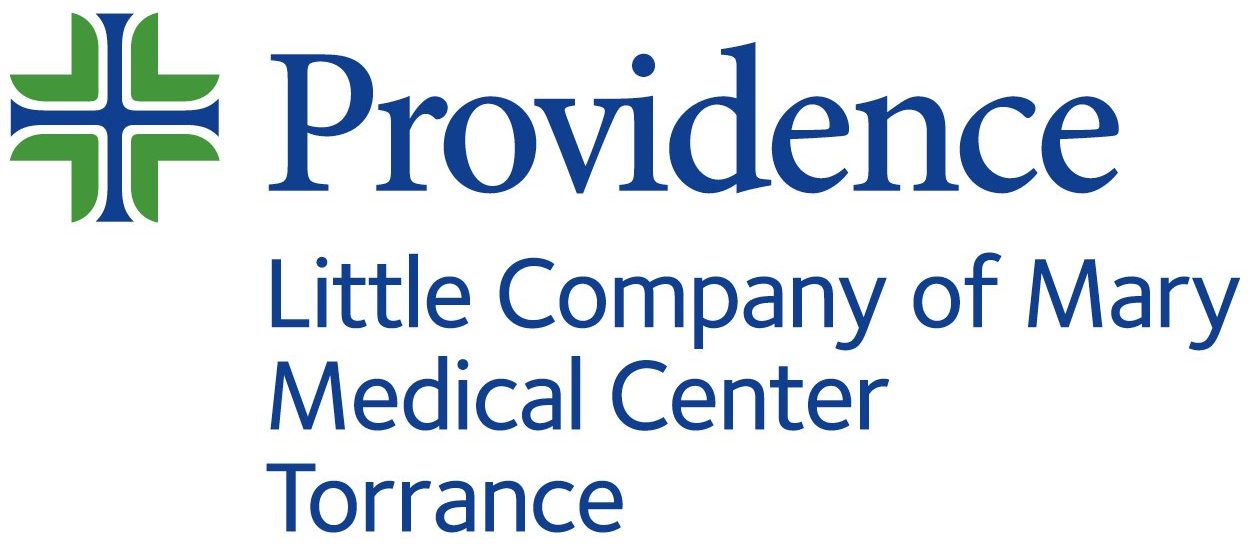Advance Directives

A Simple and Smart Way to Take Charge of Your Care
One of the most important decisions you can make about your care is to fill out advance directives in case you can no longer speak for yourself. Advance directives are documents that let others know your wishes about the type of care you want. And they will only be used if you become unconscious or too ill to communicate yourself.
Most Americans have strong feelings about how they want to die. But most also have not discussed their wishes with their doctors or loved ones. That means they may not receive the care they want at the end of their lives.
Conversations about the end of life can be difficult, but the Providence advance directive can help. We are working with families and caregivers to make sure medical care reflects a patient’s personal values and preferences. This is called whole person care.
To receive whole person care, here are some things to think about:
- What kind of medical treatment do you want?
- Where do you want to spend your days as you near the end of your life—at home or in a hospital?
- What is most important to you at this time?
- How can your family and caregivers best support you?
- Who would you want to speak for you if you were too ill to speak for yourself?
Advance Directives
The next step is to prepare an advance directive. This document allows you to name someone to speak for you if you are unable to speak for yourself. This person will make sure your wishes are honored.
All of us could face serious illness or injury at any age. That’s why the Providence Health & Services believes everyone 18 and older should have an advance directive. An advance directive provides this key information for your doctor and family:
- It says what kind of medical treatment you want.
- It says who can make decisions for you if you are unable to make them yourself.
Please ask your nurse for a copy of the Providence advance directive. While you’re at the hospital, there are notaries on staff who can notarize your advance directive at no charge to you when available, or can provide you with a list of external notaries.
For More Information and Resources
Advance directives can be simple or detailed. You can name someone to make decisions on your behalf, or you can include instructions for treatments such as CPR and mechanical ventilation. And if you change your mind about a decision, you can revise your advance directive at any time.
If you want whole person care, an advance directive can help. It also can ease the stress on family members faced with critical decisions. Please visit provhealth.org/ad for more information.
Fill Out Your Forms
Make sure you submit advance directives each time you go to the hospital so your most current information and wishes are on file. You do not need a lawyer to fill these out. For more information and to obtain the forms you need, contact a member of your care team.


